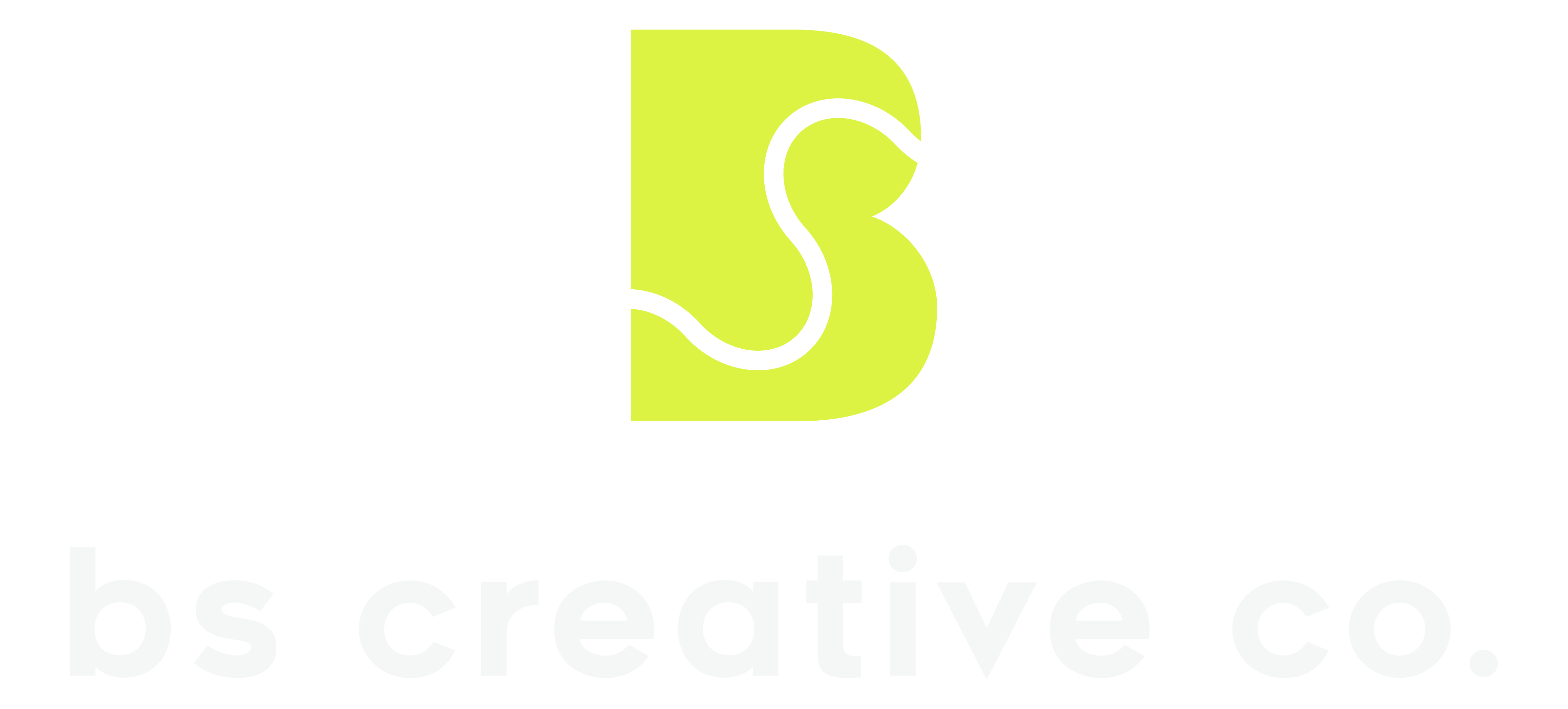Great brands grow when positioning and promotion work together. If results feel inconsistent, you may be treating branding vs marketing as a choice instead of a partnership. This guide explains the difference, shows how they support each other, and gives you a simple plan to align both for real growth.
Branding Vs Marketing, Quick Definitions
Clear definitions prevent confusion. Think of branding vs marketing as identity and actions that support it. Branding defines who you are and why you matter, marketing delivers that value to the right people at the right time.
- Branding: Strategy, positioning, voice, visuals, and the promised experience that shapes perception.
- Marketing: Campaigns, channels, and messages that drive awareness, demand, and conversions.
Why The Difference Matters
When you skip brand foundations, campaigns lack focus. When you skip marketing, strong positioning sits unseen. Teams that balance branding vs marketing build recognition faster and turn attention into revenue.
- Branding sets the promise and proof, the story behind every message
- Marketing tests messages in the wild, then brings data back to sharpen the brand
- Shared goals avoid mixed signals and shorten the path to trust
What Branding Includes
Branding is more than a logo. It is a system that makes decisions easier and results more consistent. This context helps you see how branding vs marketing connect long term.
- Positioning statement and one sentence promise
- Message house with three proof points
- Voice pillars with do and do not examples
- Visual identity, logo suite, color values, type scale, and imagery style
- Core components, buttons, cards, and layout rules
- Brand style guide and a link to the master assets folder
What Marketing Includes
Marketing turns brand decisions into actions. Use this outline to plan the work that makes branding vs marketing work together week by week.
- Channel plan, search, social, email, events, and partnerships
- Campaign themes, offers, and timelines
- Creative assets, ads, landing pages, and nurture sequences
- Budget and pacing rules, daily or weekly check ins
- Metrics, reach, engagement, leads, and revenue
Branding Vs Marketing In The Funnel
Brand work shows up at every stage, not only at the top. Marketing connects those stages with timely prompts and helpful content. This view keeps branding vs marketing aligned across the journey.
- Awareness: Clear promise and distinct visuals make you recognizable
- Consideration: Proof, case snapshots, and FAQs reduce doubt
- Decision: Strong CTAs, short forms, and fast pages move people forward
- Adoption: Onboarding guides and support content fulfill the promise
- Advocacy: Consistent outcomes turn happy customers into referrals
Common Gaps And How To Fix Them
If growth stalls, look for misalignment between story and execution. Fixing these gaps is often faster than a full overhaul and strengthens branding vs marketing in practice.
- Vague Promise: Rewrite the one sentence value line, add three proof points
- Inconsistent Voice: Publish a short brand voice guide with examples
- Random Visuals: Lock color, type, and spacing in a simple style guide
- Disjointed Campaigns: Plan monthly themes and match them to the sales calendar
- Weak Proof: Refresh testimonials, case results, and review snippets
Measurement That Serves Both Sides
Choose metrics that reveal what is working and where friction lives. Great branding vs marketing pairs identity with data, then uses the feedback to improve.
- Brand Metrics: Direct traffic growth, branded search, recognition in surveys
- Marketing Metrics: Click through rates, form starts, form completions, cost per lead
- Quality Metrics: Win rate, sales cycle length, retention, and referrals
Use a single dashboard so decisions come from the same source of truth.
A Branding Vs. Marketing Simple Quarterly Plan
Short cycles keep momentum without burning out your team. This plan connects branding vs marketing in practical steps.
Start each quarter by committing to one positioning improvement and one campaign theme.
- Month 1, Clarify: Tighten the promise and proof, ship a style guide update
- Month 2, Create: Produce a hero asset, a guide or webinar, plus landing page and ads
- Month 3, Convert: Run the campaign, test headlines and CTAs, publish two case snapshots
End with a review, document what worked, and roll wins into the next cycle.
Role Clarity For Faster Work
Confusion slows projects. Define who owns brand rules and who owns channel execution so branding vs marketing stay synchronized.
- Brand owner maintains the guide, approves changes, and collects winning examples
- Marketing owner runs campaigns, reports results, and requests brand updates
- Creative owner translates the guide into assets and templates
Create one intake form for requests so priorities stay organized.
How To Get Started This Week
You do not need a full rebrand to see progress. Small steps make a visible difference when applied consistently.
- Write a one sentence promise and three proof points
- Collect three fresh testimonials and two case results
- Update your homepage hero, add proof near the primary CTA
- Create one lead magnet and a matching landing page
- Plan three weeks of social posts that teach, then invite action
Branding Vs Marketing Checklist
Use this list to keep your system honest. It ensures branding vs marketing work together on every project.
- Promise and proof documented and visible in the hero
- Voice pillars published with do and do not examples
- Style guide with colors, type, spacing, and components
- Monthly campaign theme mapped to one primary offer
- Landing page, ad set, email, and social assets ready
- Proof placed near CTAs on all key pages
- Shared dashboard for brand, marketing, and quality metrics
- Quarterly review with updates to the guide and templates
The Bottom Line
Treat branding vs marketing as a partnership. Branding sets the promise and the proof, marketing delivers that promise to the right people with timely, useful content. When both stay aligned, your message stays clear, your pages convert faster, and your pipeline stays healthy.

